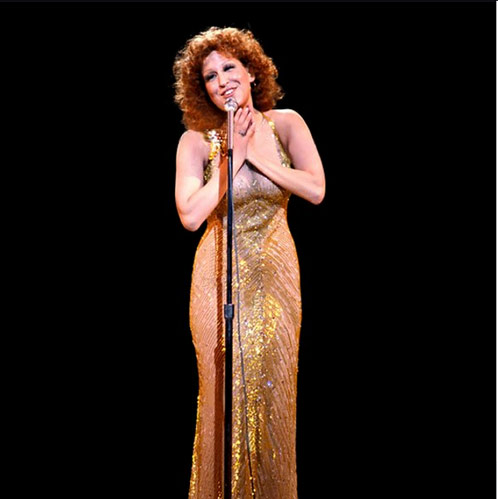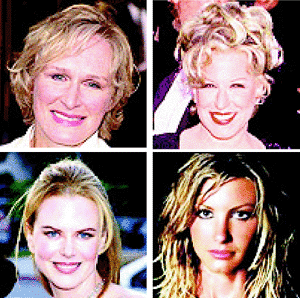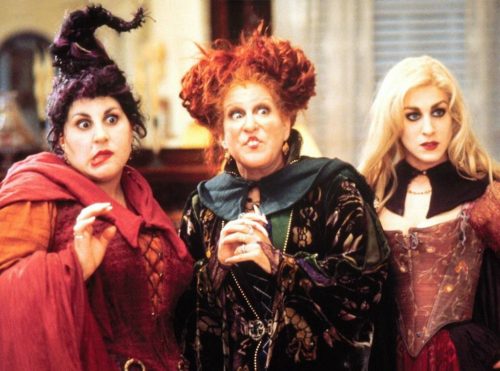The Huffington Post
Diva Worship and Gay Men
Joe Kort, Ph.D.
Posted: 05/22/2012
With the passing of Whitney Houston and now Donna Summer, I’ve been thinking about why divas are so important to the gay community.
I have my own case of diva worship: I adore Diana Ross, Cher, and Oprah. I call their birthdays the “Gay High Holy Days” and celebrate. As a young boy I would take my sister’s black tights and put them over my head and sing “Gypsys, Tramps & Thieves” into a hairbrush, pretending to be Cher!
I joke that if you were what I call “Gay Orthodox,” you must consider it a Gay High Holy Day when a diva comes to town. You must commit to closing your business and taking the day off. You must treat the day as a Sabbath or else consider yourself a sinner. Gay neighborhoods will be ghost towns as we flock to stadiums — our places of worship — for every Diana Ross, Cher, Barbra Streisand, Bette Midler, Madonna, Janet Jackson, and Dolly Parton concert. Today’s younger gay men will flock to Britney Spears, Jennifer Lopez, Jessica Simpson, Beyoncé, Lady Gaga, and Christina Aguilera.
One can never forget, of course, dearly departed divas such as the late, great Bette Davis, Joan Crawford, and the original grande dame of divas: Judy Garland. Although not every gay boy or man worships divas, a good many do. Why is that?
There are many theories. In The Rise and Fall of Gay Culture, Daniel Harris suggests that “at the very heart of gay diva worship is not the diva herself but the almost universal homosexual experience of ostracism and insecurity.” Harris feels that we gay men live vicariously through divas who snare the handsome heterosexual men, and that we like to imagine ourselves in their place. He equates diva worship with watching football and says that it’s actually just as unfeminine as football: “It is a bone-crushing spectator sport in which one watches the triumph of feminine wiles over masculine walls of a voluptuous and presumably helpless damsel in distress single-handedly moving down a lineup of hulking quarterbacks who fall dead at her feet.”
On closer examination, we can see there is something decidedly masculine about these divas. They have a hardened, sometimes aggressively feminine side. In their performance mode, they are almost as hyperfeminine as drag queens: Diana Ross’ big exaggerated hair, for example, or Cher’s heavily beaded gowns and overly glittering eye shadow.
Another theory I hold strongly is that these divas are our stand-in mothers. Jewish clients and friends of mine have told me that Barbra Streisand saved their lives. Without her movies and songs, they couldn’t have survived their childhoods. Many of these men had self-absorbed mothers who were unavailable emotionally, so what better surrogate Jewish mother than Streisand? She is already unavailable in many ways, so clients can worship her and fulfill some needs that their mothers cannot. These diva-mommies will never let us down; they are whoever we want them to be. They’re our mother shadows.
I am not putting down these divas. I adore and love most of them. My home and office are filled with dolls that celebrate these divas, from Cher, Diana Ross, and Beyoncé to Lucille Ball. As I said, when I was growing up, my divas were Diana Ross and Cher.
My theory is that in our early lives, our inability to attach and identify with men may prompt us to try to escape into the feminine realm to avoid the shame and fear of being compared unfavorably with other males. Although this is true of both gay and straight men, straight men bring these issues to their female partners. Not having woman as partners, we turn to our divas.
Whatever the reason, these divas mean so much to us as gay men, I am thankful to them for giving us an escape from the pain of growing up gay. I admire their perseverance and their acceptance of their gay audiences. For me, they make the world a more colorful and better place.








